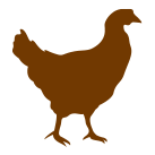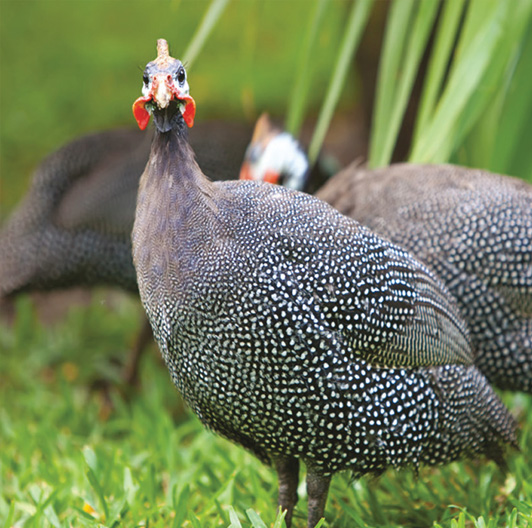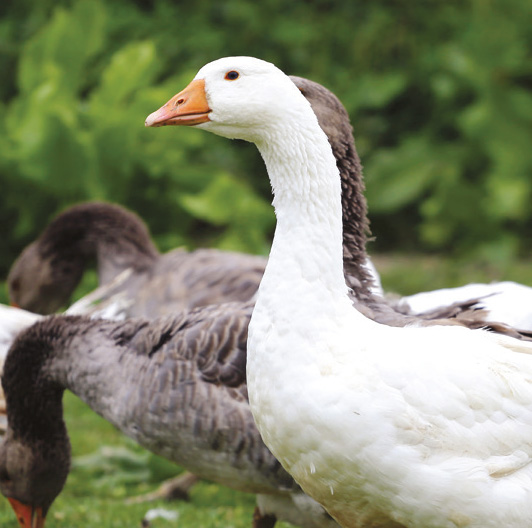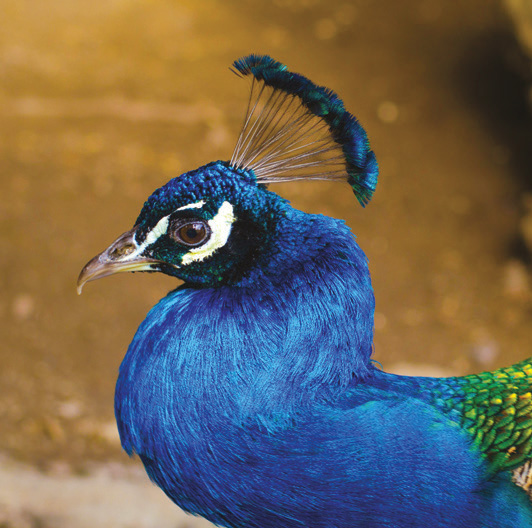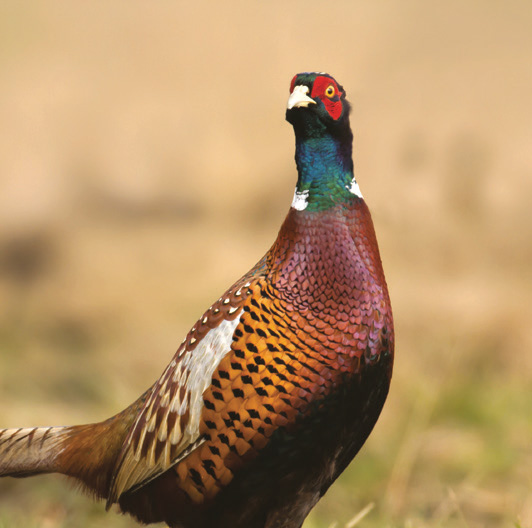DUCKS
Ducks have a lot of personality, often sport beautiful plumage and can also provide eggs. They’re also very independent and somewhat more self-sufficient than many types of poultry. Duck eggs, one of the main reasons for keeping them, are larger than chicken eggs and have a harder shell. They are also richer in flavour, making them ideal for baking cakes and cooking.
Choice of birds
Like chooks, ducks are social birds and will be happiest in flocks of at least two. Other than the popular white Pekin duck, consider the Campbell’s and Indian Runners, which will give your chickens some competition in the laying department. Bantam Mallards and Calls are also good laying breeds and their small size makes them easier to fit into a smaller garden. Again, always purchase your birds from reputable breeders!
Housing
Ducks should be housed separately from chickens as they are much messier and prefer to sleep on the floor rather than on a perch.
Laying ducks will need to build their own nests in which to lay and/or incubate their eggs. Provide plenty of clean mulch or wood shavings for them.
Ducks are just as vulnerable to predators as chickens are, and you’ll need to take the same security measures when it comes to their housing. Ducks will typically need 0.5 m2 of housing, assuming they are allowed to free range in the backyard during the day.
Feeding
A commercially prepared pellet, supplemented with leafy greens, will meet a duck’s nutritional requirements. As ducks scoop their food (rather than pecking), it will need to be provided in a flat container that allows for this action. The design of a duck’s bill also doesn’t allow it to pick up small food particles, so it’s important to provide a quality feed that is low in fines. Ducks will self-regulate their feeding, so food should be available at all times, just as with chickens.
Be especially careful to check your feed for medications. Some medications added to turkey and chicken growing feeds are harmful for ducks.
Water
Ducks are waterfowls, so it’s important for them to have access to enough water to wash, groom and eat (though they don’t necessarily need a pond to swim in). They also need plenty of water to wash down their food. As a rule of thumb, a duck needs at least twice the amount of water as chickens and other land-based poultry.
